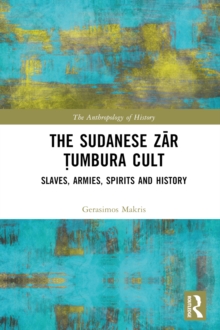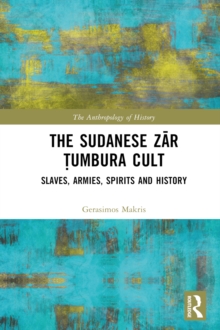
Monumental Names : Archival Aesthetics and the Conjuration of History in Moscow EPUB
by Galina Oustinova-Stjepanovic
Part of the The Anthropology of History series
EPUB
Description
What stands behind the propensity to remember victims of mass atrocities by their personal names? Grounded in ethnographic and archival research with Last Address and Memorial, one of the oldest independent archives of Soviet political repressions in Moscow and a winner of the Nobel Peace Prize, the book examines a version of archival activism that is centred on various practices of documentation and commemoration of many dead victims of historical violence in Russia to understand what kind of historicity is produced when a single name is added to an endless list. What do acts of accumulation of names of the dead affirm when they are concretised in monuments and performance events? The key premise is that multimodal inscriptions of names of the dead entail a political, aesthetic and conceptual movement between singularity and multitude that honours each dead name yet conveys the scale of a mass atrocity without reducing it to a number. Drawing on anthropology, history, philosophy, and aesthetic theory, the book yields a new perspective on the politics of archival and historical justice while it critically engages with the debates on relations and distinctions between names and numbers of the dead, monumental art and its political effects, law and history, image and text, the specific one and the infinite many.
Information
-
Download - Immediately Available
- Format:EPUB
- Pages:182 pages
- Publisher:Taylor and Francis
- Publication Date:30/12/2022
-
Category:
- Theory of art
- History of art / art & design styles
- Storage, maintenance & preservation of collections
- Regional studies
- European history
- 20th century history: c 1900 to c 2000
- Philosophy: aesthetics
- Social & political philosophy
- Society & culture: general
- Anthropology
- Social & cultural anthropology
- Politics & government
- Regional geography
- ISBN:9781000815993
Other Formats
- PDF from £29.96
- Hardback from £125.00
Information
-
Download - Immediately Available
- Format:EPUB
- Pages:182 pages
- Publisher:Taylor and Francis
- Publication Date:30/12/2022
-
Category:
- Theory of art
- History of art / art & design styles
- Storage, maintenance & preservation of collections
- Regional studies
- European history
- 20th century history: c 1900 to c 2000
- Philosophy: aesthetics
- Social & political philosophy
- Society & culture: general
- Anthropology
- Social & cultural anthropology
- Politics & government
- Regional geography
- ISBN:9781000815993










